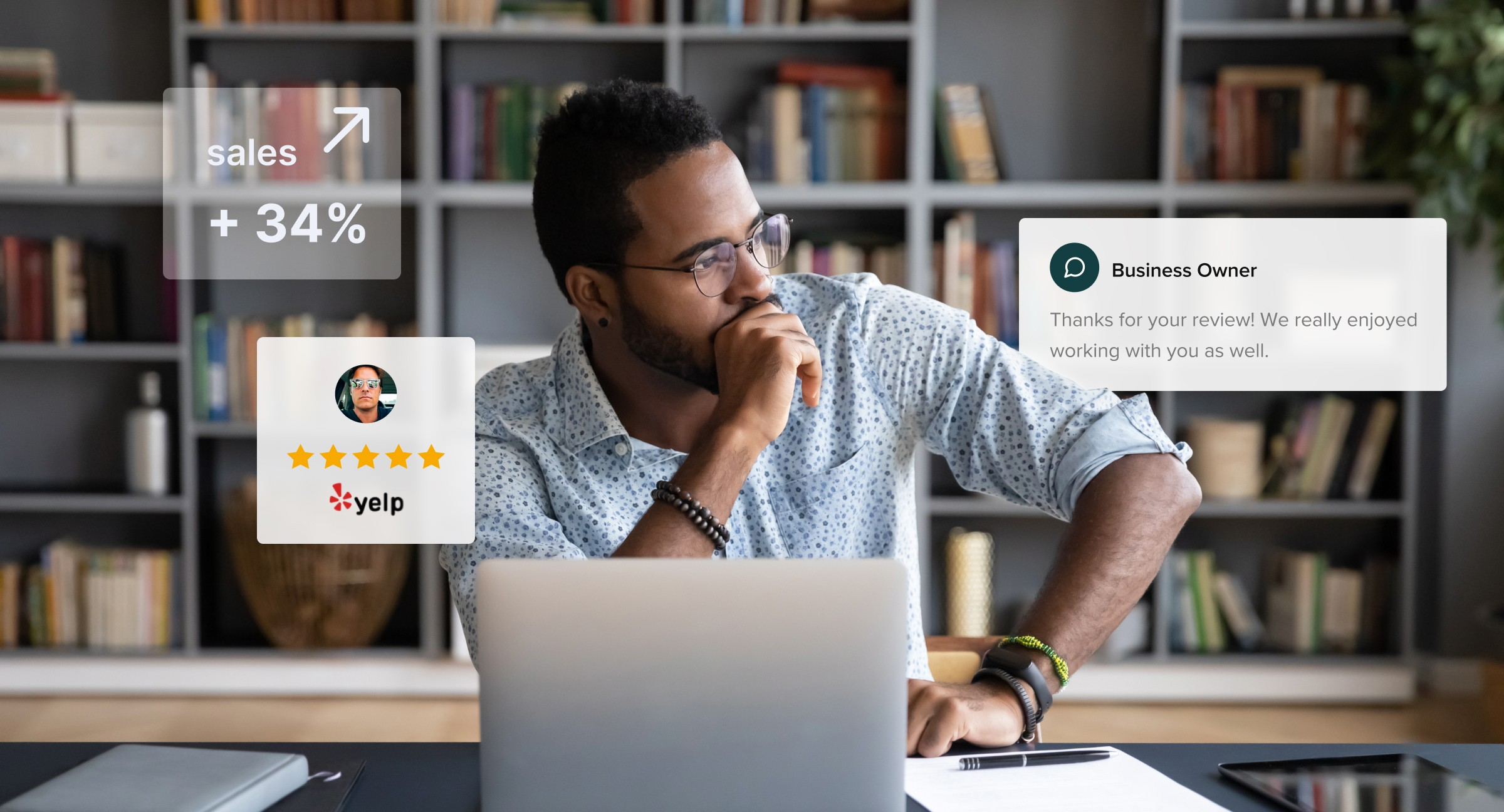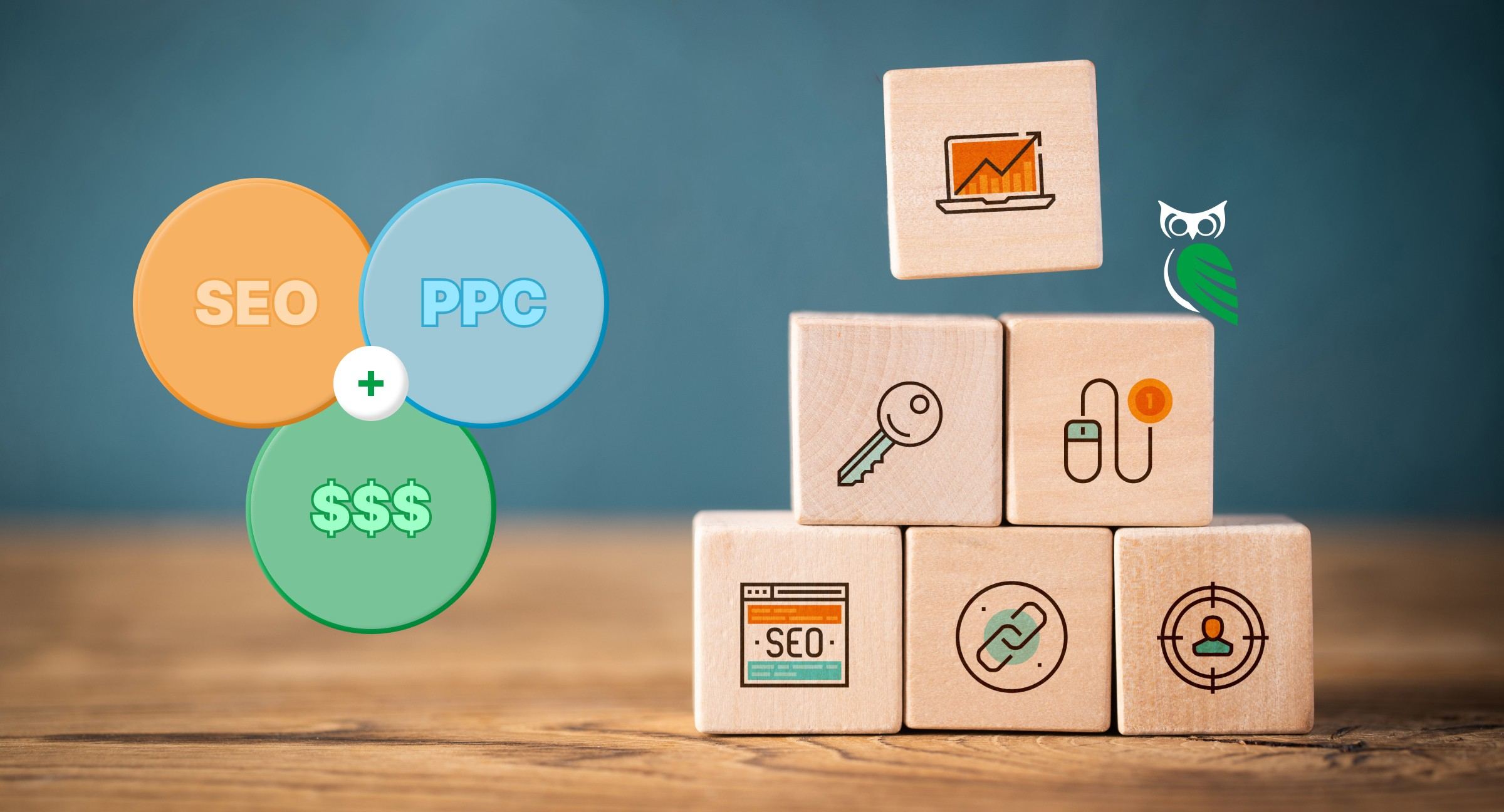It's Time to Get WISE.
A quick, honest call to assess your needs and point you in the right direction—no sales pitch. Best suited for:
- Established businesses with a defined marketing budget
- Businesses prepared to grow and scale
A deep dive with a top expert to uncover gaps and map a smarter path forward.
- Includes a $250 digital audit covering your website, SEO, local presence, and online performance—yours to keep.
- Get smart, actionable ideas you can apply to your business right away.

Enter the email you would like your guide sent to:

Enter the email you would like your guide sent to:
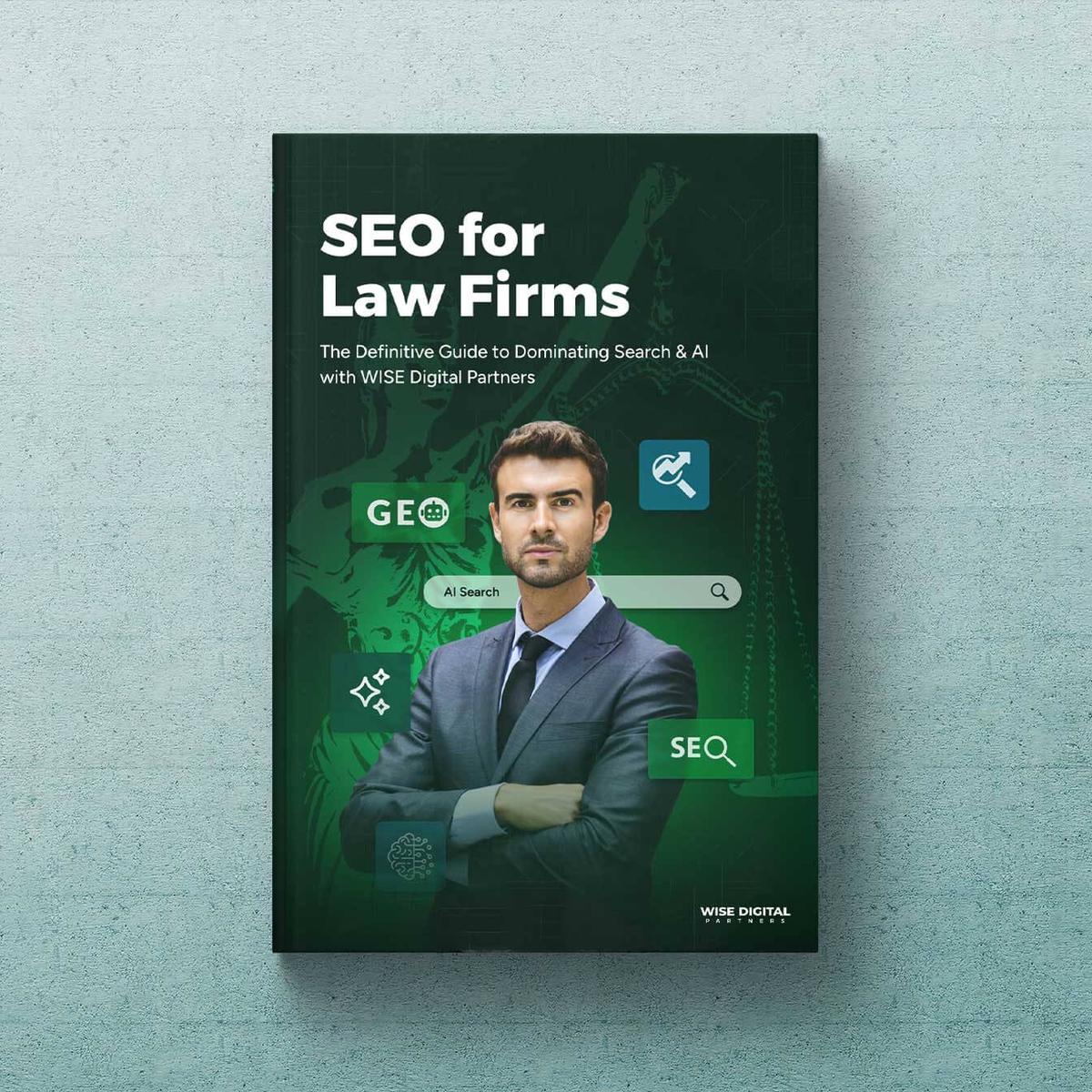
Enter the email you would like your guide sent to:
Apply Today
Please fill out the information below. Someone on our team will reach out in 3-5 business days to schedule a call if we see a good fit.
Book Patrick Dillon
Thanks for your interest in booking WISE CEO Patrick Dillon on your podcast! Please complete the form below, and a team member will contact you shortly.
Remove Negative Reviews.
Ultimate Guide to Social Media Marketing for Small Businesses

by WISE Digital Partners
May 15, 2025
- 7 min read
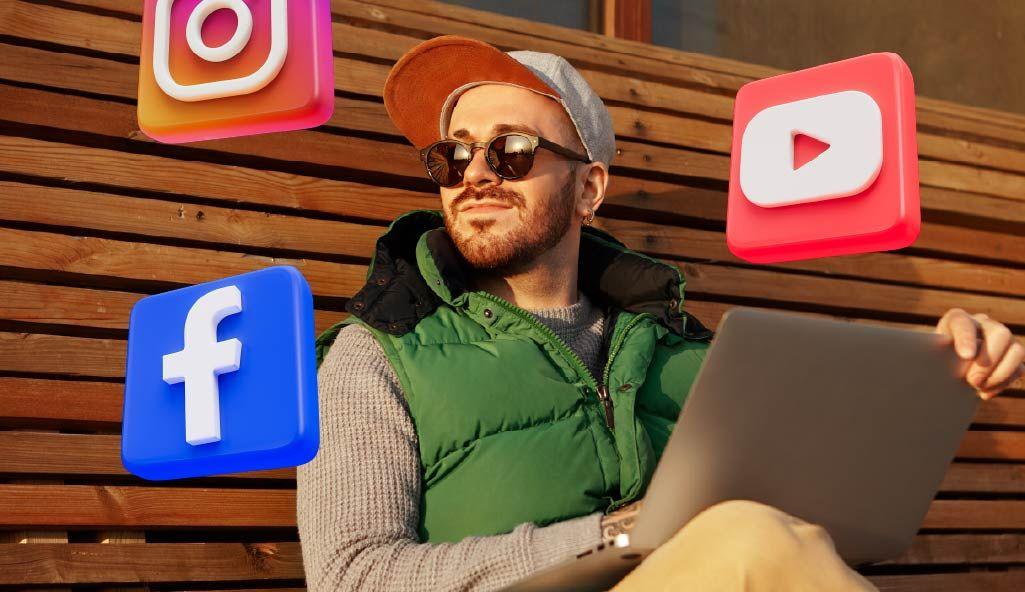
Social media has redefined how people and businesses communicate. Today, social media marketing is no longer just random, casual posting. Rather, it is a science in which business owners need to apply a range of skills, including creativity, strategy, analytics, and more.
Due to diverse business models and customer demographics, different industries approach social media marketing in different ways. That includes using different platforms, like Facebook, LinkedIn, and X (formerly Twitter), to achieve distinct goals.
Why should you care about social media? How does it fit into your broader digital marketing strategy? What’s important to know? Let’s dive in:
The Benefits of Social Media Marketing for Small Businesses
The sheer number of eyeballs on social media platforms is astounding. Did you know, for example, that the U.S. alone has over 253 million social media users? That’s 73% of the total population!
While social media isn’t the only marketing tool a business can take advantage of, with those numbers, it can certainly help you:
- Reach potential customers
- Increase brand awareness
- Provide demographic insights
- Build customer relationships
- Uncover competitor strategies
How Can a Small Business Leverage Social Media?
When it comes to social media marketing, small businesses have two primary strategies at their disposal: organic social media and paid advertising.
Both can play key roles, but they serve different purposes and require different approaches. With organic social media, it’s all about long-term brand building and engagement with an audience. Paid social media is designed for targeted reach and short-term goals.
Organic Social Media
This refers to any free content you share on your business’s social media profiles. This can be in the form of posts, stories, or videos, for example. The content reaches your followers naturally and is ideal for:
- Building relationships
- Increasing brand awareness
- Fostering community engagement over time
The downside is that organic reach can be limited, meaning it’s tough to get in front of your intended audience. That’s because the algorithms on social media platforms tend to favor paid content.
Paid Advertising
Paid advertising is exactly what it sounds like — you put dollars behind it to promote your social media content. This allows you to:
- Target specific audiences based on demographics, interests, behaviors, and more.
- Drive website traffic to specific landing pages designed to generate leads or sales.
- Reach new audiences who might not be aware of your business or how your services or
The Difference Between B2C & B2B Social Media Marketing
Before you develop a social media strategy for your small business, it's important to understand how marketing for business-to-consumer (B2C) models differs from business-to-business (B2B) models.
Business-to-Customer (B2C)
With B2C marketing, the goal is to understand the consumer’s mindset and create compelling content that feeds into that. B2C marketing prioritizes entertainment, product discovery, and deals, thus appealing to emotions and lifestyle. The content is typically short, engaging, and visually driven, featuring videos, memes, and user-generated posts.
Since you're targeting everyday individuals in B2C marketing, platforms like Facebook, Instagram, and TikTok are particularly effective.
Business-to-Business (B2B)
Successful B2B marketing hinges on a deep understanding of industry dynamics and specific pain points faced by decision-makers. The emphasis here is on demonstrating logic, measurable ROI, and subject matter expertise.
B2B marketing focuses on value-driven content, industry insights, and long-term solutions. It typically targets professionals on platforms like LinkedIn, where connections are made and trust is built through credibility and relevance.
Avenues for Small Business Social Media Marketing
Small businesses have a wide range of avenues to explore when it comes to social media marketing—each offering unique opportunities to connect with customers, build brand awareness, and drive growth. The key is to choose the right avenue(s) based on your goals, audience, and resources. You’ll also want to zero in on a social media strategy that delivers real results without overwhelming your team or budget.
Here’s a quick look at what some of the top platforms can offer small businesses:
With robust targeting options, business-friendly features, and a strong local user base, Facebook is ideal for building a local following and running cost-effective ad campaigns. Organic posts help humanize a brand, while paid ads can drive traffic, leads, and sales.
Instagram is perfect for visually driven brands and allows you to display content in various formats, such as Stories, Reels, and carousels. It’s great for showcasing products, sharing user-generated content, and connecting with younger demographics. Creative, authentic visuals are key to standing out on Instagram.
X (formerly Twitter)
This platform’s strength lies in timely content, trending topics, and quick interactions. For small businesses in particular, X can be an effective channel for thought leadership, announcements, and engaging directly with an audience or other brands.
LinkedIn is the go-to social media platform for B2B marketing. It’s best suited for small businesses targeting professionals, executives, and decision makers. Content shared on LinkedIn typically includes company updates and thought leadership articles, and the platform is great for networking within an industry. For service-based businesses that want to establish authority and build long-term relationships with clients and partners, LinkedIn is the place to be.
TikTok
TikTok can be a powerful way to connect with a younger, much more highly engaged audience. Some of the best use cases for small businesses involve showcasing products in action, jumping on trends to gain visibility, and building audiences with behind-the-scenes moments.
It’s important to note, however, that the platform has been under fire in the U.S. for years over national security concerns and even briefly went dark in early 2025 when federal legislation effectively banned it. Although TikTok is back online, the fate of the platform remains up in the air.
Best Use Cases by Industry
At WISE Digital, we’ve had the opportunity to support clients across a wide range of industries and have picked up plenty of valuable insights along the way. Combined with our own hands-on expertise, these real-world experiences have equipped us with best use cases that we’re excited to share with you.
Social Media Marketing for Financial, Legal, and Business Services
Professional service providers like accountants, attorneys, and consultants can leverage social media to build trust, showcase expertise, and humanize their brand. These industries benefit most from educational, informative, and credibility-building content that speaks directly to client concerns.
→ Accounting Firms
Ideal Social Platforms
- YouTube
Tips
- Publish educational content & tips
- Share breaking news
- Share case studies
- Celebrate business milestones
→ Business Services
Ideal Social Platforms
- YouTube
- X
Tips
- Promote follower interaction
- Highlight workplace accomplishments
- Share company messages
- Partake in employee advocacy
→ Financial Institutions
Ideal Social Platforms
Tips
- Humanize your organization
- Feature team spotlights
- Engage with followers
- Post consistently
→ Law Firms
Ideal Social Platforms
- YouTube
Tips
- Share info on common legal issues
- Highlight team demographics
- Showcase client testimonials
→ Wealth Planning
Ideal Social Platforms
- YouTube
Tips
- Answer questions
- Be authentic, personable, and educational
- Use a consistent posting schedule
Social Media Marketing for Health & Wellness Businesses
In the health and wellness space, social media is a powerful tool for building trust, educating audiences, and connecting on a personal level. From clinics to massage studios, sharing informative content and real-life stories helps establish authority and build community.
→ Ketamine Therapy Clinics
Ideal Social Platforms
- Youtube
Tips
- Share informative content
- Engage with audience questions
- Share patient testimonials
- Highlight specials
→ Massage/Wellness Spas
Ideal Social Platforms
- TikTok
Tips
- Promote holiday specials & new services
- Educate about best practices
- Introduce the massage team
- Advertise company news
→ Medical Practices
Ideal Social Platforms
- YouTube
Tips
- Share success stories
- Offer health tips and education
- Answer frequently asked questions
- Post visual content
Social Media Marketing for Service Providers
For service-based businesses, social media is an opportunity to demonstrate expertise, showcase projects, and create strong local connections. Whether you're in construction, plumbing, or janitorial work, platforms can help generate leads and boost your brand’s visibility.
→ Construction & Remodeling Businesses
Ideal Social Platforms
- Youtube
Tips
- Provide project updates
- Offer behind-the-scenes glimpses
- Make educational posts
- Share industry news
→ Home Services
Ideal Social Platforms
- YouTube
Tips
- Showcase before, during, and after photos
- Share award announcements
- Offer how-to guides
- Host giveaways
→ Janitorial Services
Ideal Social Platforms
Tips
- Connect with followers to gauge needs
- Post industry-related blogs
- Follow competitor services to stay competitive
→ HVAC & Plumbing
Ideal Social Platforms
- YouTube
Tips
- Offer plumbing & HVAC-related tips
- Respond to comments
- Show off your team's work
- Share informational blogs and articles
Social Media Marketing for the Mortgage & Real Estate Industry
In real estate and mortgage, success often comes down to relationships and reputation. Social media allows professionals to highlight local expertise, share market updates, and build trust with potential clients through consistent, value-driven content.
→ Mortgage/Lending Companies
Ideal Social Platforms
Tips
- Share community involvement
- Provide timely industry news
- Ask followers questions on homeownership
→ Real Estate Companies
Ideal Social Platforms
- YouTube
Tips
- Promote the area rather than just the properties
- Be personable in language
- Educate potential buyers
- Respond to comments
Social Media Marketing for Food Businesses
Food businesses thrive on visual content and community engagement. You can use it to show off your offerings, connect with loyal customers, and drive orders.
→ Catering Companies
Ideal Social Platforms
- TikTok
Tips
- Create a specific brand personality
- Promote the latest sales and offers
- Post video content of visually appealing offerings
→ Meal Prep Businesses
Ideal Social Platforms
- TikTok
Tips
- Make regular company updates
- Show menu changes
- Advertise special offers
- Post behind-the-scenes content
You Can’t Succeed Without a Holistic Digital Marketing Strategy
Your social media marketing tactics should support your overall digital marketing strategy. Don’t have that overarching plan mapped out? That’s where WISE Digital Partners can help. Connect with us to establish a path forward, one that expands your audience, strengthens customer loyalty, boosts brand recognition, and sets you up for lasting success.
Share
Subscribe to WISE Insights
Stay ahead of the digital marketing curve and never miss a lucrative trend or insightful tidbit – subscribe to our WISE blog!
Keep Reading
Build. Grow. Soar.
Get WISE about digital marketing with advanced services, industry experts, and cutting-edge tools designed for long-term, sustainable growth.


